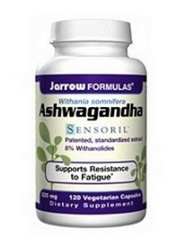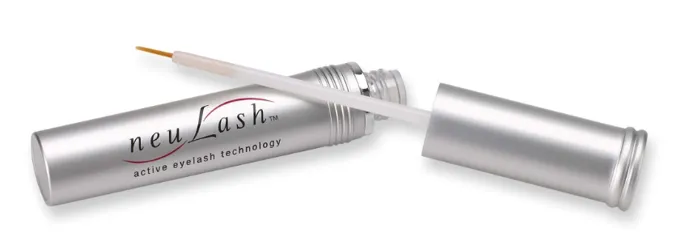
Ashwagandha Inhibits Aging And Promotes Healing
 Ashwagandha is also known as Withania somnifera. It's also known as Indian ginseng, Winter cherry, Ajagandha, Kanaje Hindi, Amukkara in Tamil and Samm Al Ferakh, is a plant in the Solanaceae or nightshade family.
Ashwagandha is also known as Withania somnifera. It's also known as Indian ginseng, Winter cherry, Ajagandha, Kanaje Hindi, Amukkara in Tamil and Samm Al Ferakh, is a plant in the Solanaceae or nightshade family.
Many closely related species like Withania coagulans (Dunal) – Paneer dodi, Ashutosh booti (Sanskrit, Hindi) are morphologically very similar to the species.
The herb holds a place in the Ayurvedic pharmacology and it is similar to ginseng in Chinese medicine, yet it is far less expensive. It is the best rejuvenative herb, particularly for the muscles, marrow, semen and for Vata constitution.
It's used in all conditions of weakness and tissue deficiency in children, the elderly, those debilitated by chronic diseases, those suffering from overwork, lack of sleep or nervous exhaustion.
For such regenerative purposes, it can be taken as a milk decoction to which may be added raw sugar, honey, pippai and basmati rice.
Ashwagandha Inhibits Aging And Promotes Healing
 As such, it inhibits aging and catalyzes the anabolic processes of the body. Sattvic in quality, it is one of the best herbs for the mind upon which it is nurturing and clarifying.
As such, it inhibits aging and catalyzes the anabolic processes of the body. Sattvic in quality, it is one of the best herbs for the mind upon which it is nurturing and clarifying.
Even better, this herb is calming and promotes deep, dreamless sleep.
Ashwagandha is a good food for weak pregnant women since it helps to stabilize the fetus. It also regenerates the hormonal system, promotes healing of tissues, and can be used externally on wounds, sores or similar.
Five grams of the powder can be taken twice a day in warm milk or water, sweetened with raw sugar.
Ashwagandha Is Also Helpful For The Following Conditions
Ashwagandha is also helpful for several conditions including:
chronic fatigue, dehydration, bone weakness, muscle weakness and tension, loose teeth, thirst
impotency, premature aging, emaciation, debility, constipation, senility, rheumatism, nervous exhaustionmemory loss, neurodegenerative disorders and spermatorrhoea.
Side Effects
 In at least two published clinical trials of Withania somnifera, the side effects experienced by W. somnifera treated individuals were not significantly different than the side effects experienced by placebo treated individuals. If taken in excess it can cause liver failure.
In at least two published clinical trials of Withania somnifera, the side effects experienced by W. somnifera treated individuals were not significantly different than the side effects experienced by placebo treated individuals. If taken in excess it can cause liver failure.
There has been one report that Withania somnifera can stimulate the thyroid and lead to thyrotoxicosis in some people.
More Information
Please follow me on Twitter at: http://Twitter.com/HairBoutique. I look forward to meeting new people from all walks of Twitter and learning from their Tweets. Visit us at Hairboutique.com located at: http://www.HairBoutique.com, on Facebook, MySpace and YouTube.
Thank you for visiting us at The HairBoutique Blog and for leaving your comments. They are very much appreciated. We apologize in advance but must remove any direct advertisements or solicitations.Social Media Network Information
Please follow us on Twitter at: https://Twitter.com/HairBoutique. I look forward to meeting new people from all walks of Twitter and learning from their Tweets.















